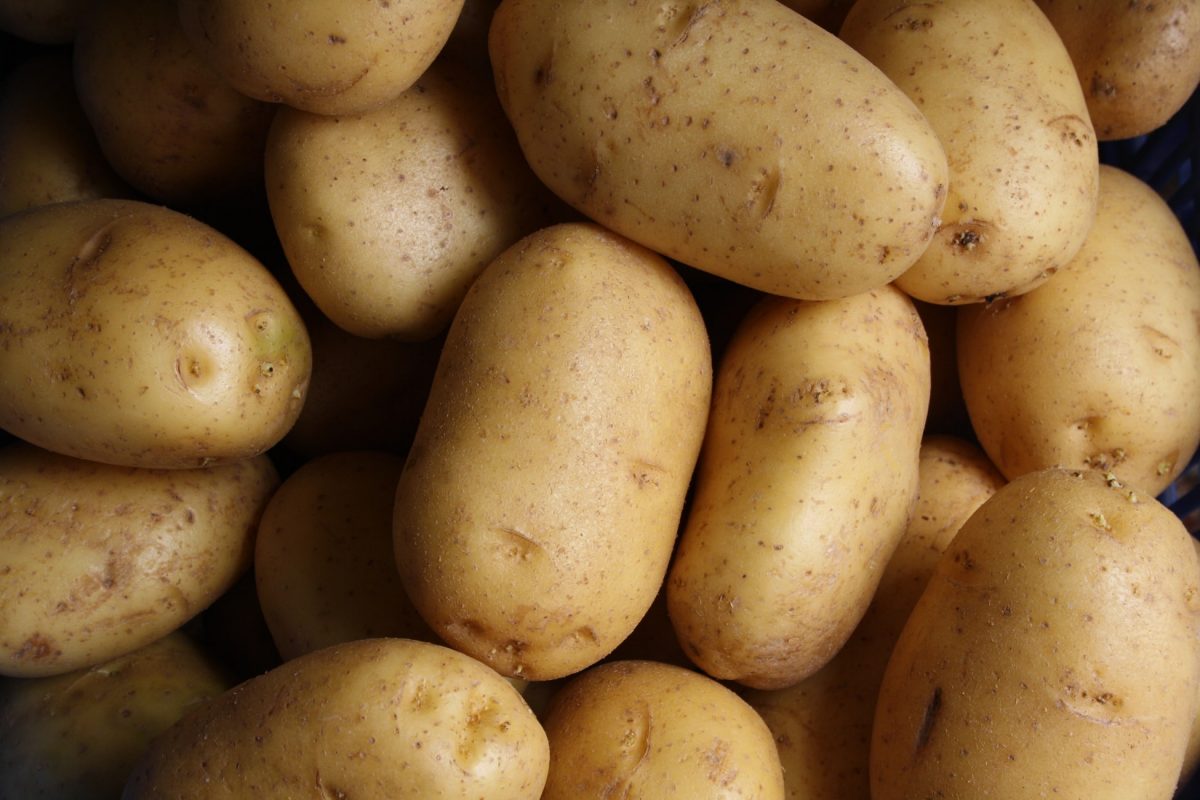
Study to test potato product’s effects on chronic kidney disease
Could a starch derived from raw potatoes slow the damaging effects of chronic kidney disease?
A Manitoba clinical trial will test that idea by asking people with the disease to mix a flavourless powdered supplement into a drink, such as a smoothie, each day.
Dr. Dylan MacKay, assistant professor of community health sciences at the University of Manitoba and clinical trialist at the George and Fay Yee Centre for Healthcare Innovation (a partnership between the U of M and the Winnipeg Regional Health Authority), is leading the study.
His co-investigators are Dr. Rebecca Mollard, adjunct professor of food and human nutritional sciences, and Dr. Navdeep Tangri, associate professor of internal medicine, both affiliated with the Chronic Disease Innovation Centre at Seven Oaks General Hospital.
“Prebiotic supplements that improve the gut microbiome – the bacteria in the gut – have health- improving potential,” said MacKay, a nutritional biochemist.
“We know that ‘resistant starch,’ which is abundant in uncooked potatoes and unripe bananas, passes through the upper intestine without being digested and is a source of food for the gut microbiome when it reaches the lower intestine. Now we want to evaluate its potential in chronic kidney disease.”
Participants in the clinical trial won’t know if they’ve received the resistant potato starch or a placebo: a digestible starch powder.
Chronic kidney disease affects about 10 per cent of Canadian adults. Manitoba’s rate, the highest of any province, is about 14 per cent. Although kidney dialysis can extend the lifespan of those with kidney failure, affordable new treatments are needed to delay or prevent this final stage of the disease.
“In chronic kidney disease, the kidneys lose their ability to manage substances called uremic toxins,” MacKay said. “The toxins accumulate, eventually leading to the patient needing dialysis. Many of these toxins originate from bacteria that live inside us.
“By changing the food source of these bacteria through resistant starch consumption, we may be able to reduce toxin production. This could potentially delay the progression to dialysis and/or reduce symptoms associated with the elevated toxins, such as nausea, fatigue and itchy skin.”
A Manitoba company, MSPrebiotic, is providing the supplement for the study. Based in Carberry, Man., the company produces supplement-grade resistant starch from peeled, dried potatoes. “We’re thrilled to be supporting world-class research at the University of Manitoba and the Chronic Disease Innovation Centre,” said Dr. Jason Bush, senior scientist at MSPrebiotic.
The study has funding from The W. Garfield Weston Foundation through its Weston Family Microbiome Initiative. “This project has the potential to advance microbiome science and healthy outcomes in a significant way,” said Mark Mitchell, chair of the initiative.
The researchers will soon start recruiting participants with chronic kidney disease for the 14-week clinical trial. If positive health effects are seen in participants who consumed the resistant potato starch, MacKay expects the study to be expanded to other centres.







Very interested in hearing has this clinical trial started and has there been a conclusion to the results of it…